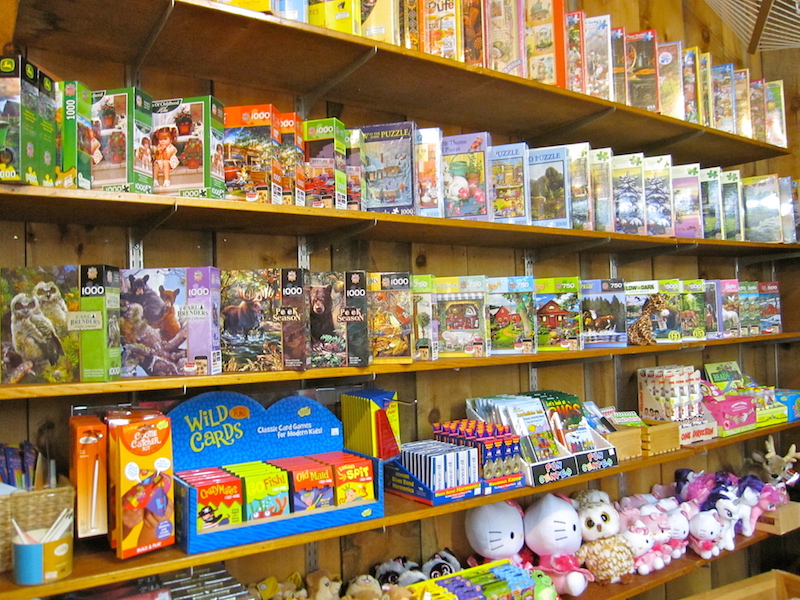ToyCo Optimism Amid Uncertainty

Two of the world’s largest toy companies say they’re ready to fulfill solid consumer demand in the second half of 2020 but acknowledge that retail caution amid pandemic-induced uncertainty may limit their upside.
Q2 revenue for Mattel (down 15%) and Hasbro (down 29%) declined as much of brick-and-mortar retail was closed for half the quarter, though to be sure, there have been significant bright spots in toyland along the way. By quarter’s end at the tail end of June, less than 10% of retail stores were still closed and Q3 will be a “recovery period” as factories catch up with a production backlog, Hasbro CEO Brian Goldner said in releasing earnings on Monday.
Road to Recovery
“We think the third quarter is the beginning of the road to recovery, and while we continue to see the year developing as we anticipated, there remains a great deal of uncertainty in the global marketplace that underlies this expectation,” Goldner said. “What has been consistent is a robust demand for our products.”
Yet that demand will tempered by many tentpole films being postponed until 2021; those that remain slated for this year are subject to additional delays in release dates as cinemas around the world open haltingly at best. While Hasbro pointed to the fall release of The Mandalorian on streaming platform Disney+ as a potential sales driver, Mattel isn’t counting on a boost from such platforms, but rather is “prioritizing” manufacturing of “evergreen products to ensure ongoing health of inventory into next year,” CFO Joseph Euteneuer said.
Yet even if physical retail were to close a second time, Hasbro could fulfill consumer demand via ecommerce, Goldner said.
Tight Inventory
Both companies say sales are strengthening, but Mattel CEO Ynon Kriez said retailers also are managing “their inventory much more tightly than usual.” While product manufacturing, supply and demand have improved there remains “uncertainty that we can’t control.” Nonetheless, Mattel has “conviction” around the products and programs it has planned for the second half.
Those promotional programs will likely be spread over a longer period and be less concentrated around the holidays. Toy companies and retailers are increasingly targeting sales via ecommerce, and curb-side pickup as in-store, so it’s possible that some of the marketing dollars previously devoted to signage and securing end caps may be diverted to online and social media programs and promotions.,
Content Production Resumes
For the longer term, both companies also are banking on generating business through their own IP. Hasbro expects U.S. production at its own and acquired Entertainment One studios to resume in September with feature length versions of My Little Pony and GI Joe (via Paramount) slated for release in 2021. The studios are developing films and TV programs around 32 Hasbro properties via 40 different projects, including multiple versions of for “Dungeons and Dragons,” Goldner said. For its part, Mattel has nine film projects in development, including two for Masters of the Universe, Kriez said.
Hasbro expects the seven percent decline in Q2 entertainment, (outbound) licensing and digital games (to $89.8 million) to continue in Q3.
Its outbound licensing will be limited by the realities of the retail distribution picture. “The retailers will continue to be impacted and not all of our licensees have access to ecommerce and the supply chain that we do” to help offset store closures, Goldner said.




